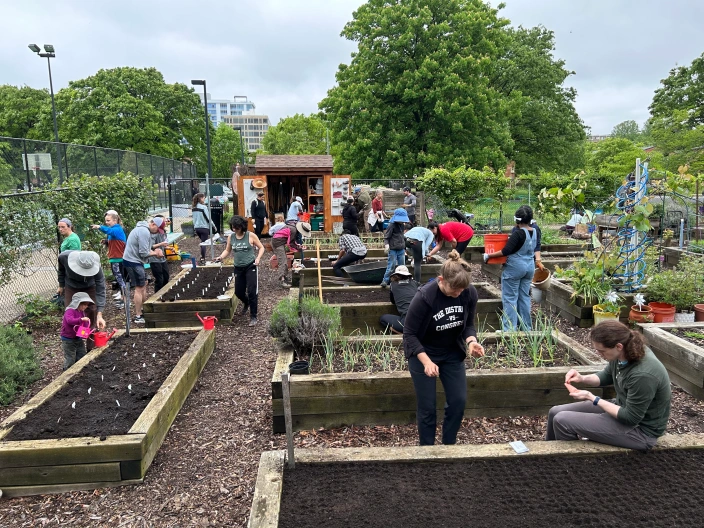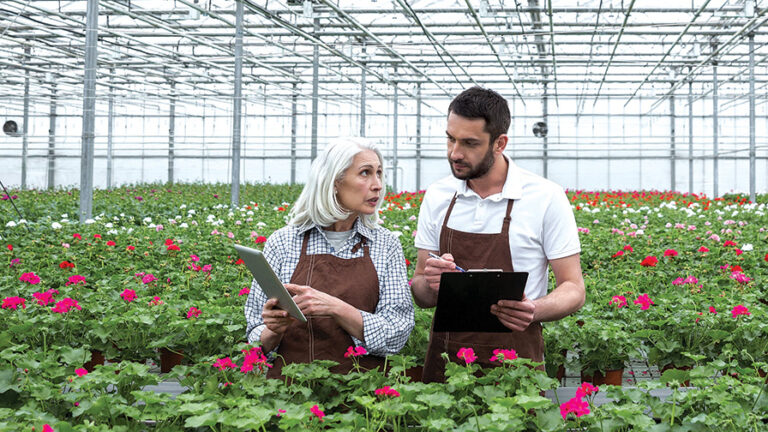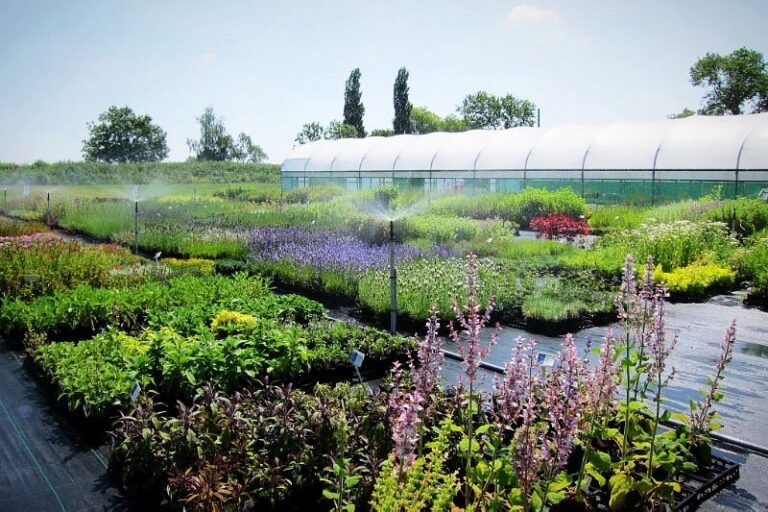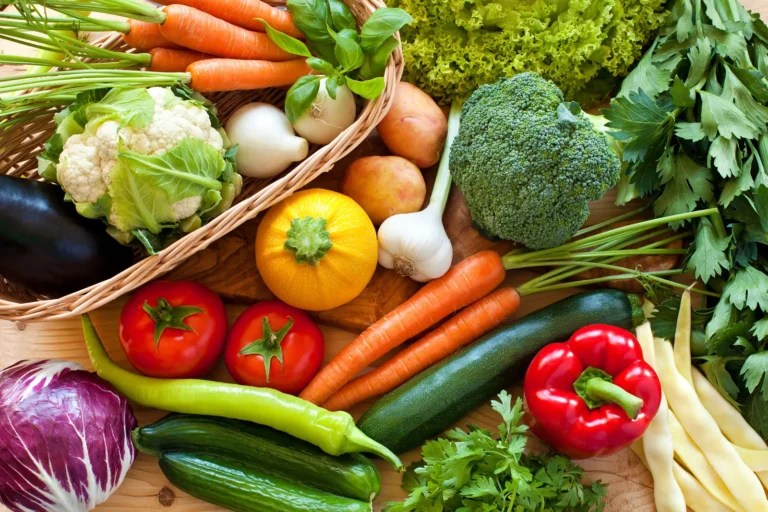Community Garden
Introduction
The community garden will be a social enterprise located in an urban area of Africa. Our mission is to provide access to fresh, locally grown produce while fostering community engagement and education. The garden will offer affordable and healthy produce, gardening workshops, and community events. The garden will be self-sustaining and will rely on revenue from the sale of produce, grants, and donations.
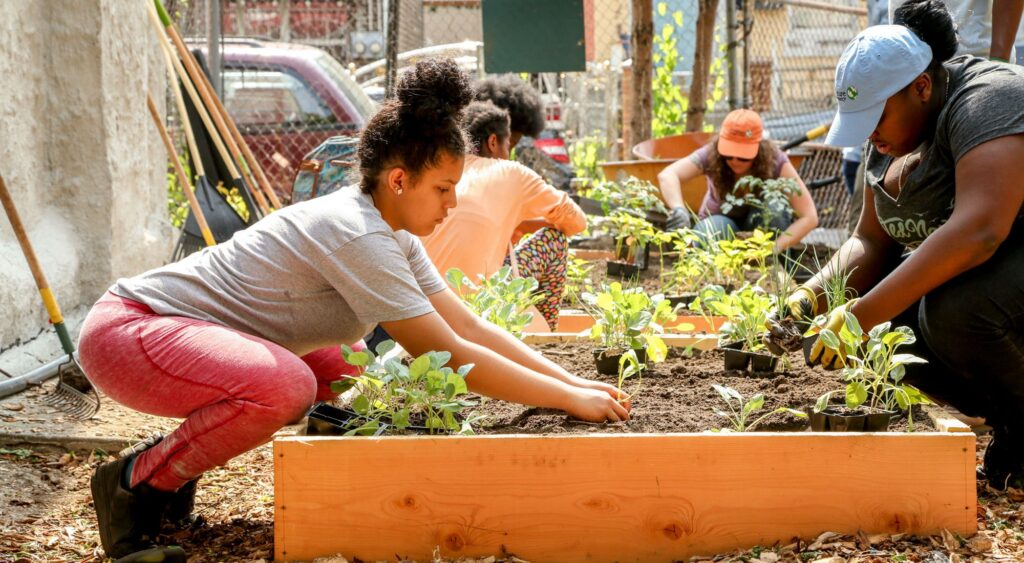
Market Analysis:
There is a growing demand for locally grown produce in Africa, as consumers become more health-conscious and concerned about the environmental impact of food transportation. Our target market includes individuals and families living in urban areas who are interested in healthy eating and supporting the local economy. The garden will also partner with local restaurants and markets to sell produce and offer catering services.
Marketing and Sales Strategy:
Our marketing strategy will focus on building relationships with local communities and organizations, such as schools, churches, and community centers. We will use social media, community events, and word of mouth to raise awareness and generate interest in the garden. We will also partner with local businesses and organizations to offer discounts and promotions to their employees and members.
Operations:
The garden will be managed by a team of experienced gardeners, volunteers, and interns. The garden will offer workshops on gardening, nutrition, and sustainability, and will also host community events such as food tastings, cooking demonstrations, and gardening competitions. We will rely on revenue from the sale of produce, grants, and donations to cover operating expenses.
Financial Plan:
Start-up costs will include land acquisition, garden infrastructure, and initial planting materials. The garden will generate revenue from the sale of produce, grants, and donations. We will also explore opportunities for partnership with local restaurants and markets to sell produce and offer catering services. The garden will be self-sustaining and will reinvest profits into expanding operations and community outreach.
Conclusion:
The community garden will provide a valuable service to urban communities in Africa by offering fresh, locally grown produce, education, and community engagement. By partnering with local businesses and organizations, the garden will also contribute to the local economy and support sustainable food systems.
Here is the same projected income statement for the community garden business in Africa, presented in a single table with some additional explanatory language:
| Category | Amount |
| Revenue | |
| Sale of Produce | $50,000 |
| Catering Services | $5,000 |
| Grants and Donations | $20,000 |
| Total Revenue | $75,000 |
| Expenses | |
| Salaries and Wages | $20,000 |
| Rent and Utilities | $10,000 |
| Seeds and Supplies | $10,000 |
| Marketing and Events | $5,000 |
| Professional Services | $5,000 |
| Insurance | $2,500 |
| Total Expenses | $52,500 |
| Net Income | $22,500 |

